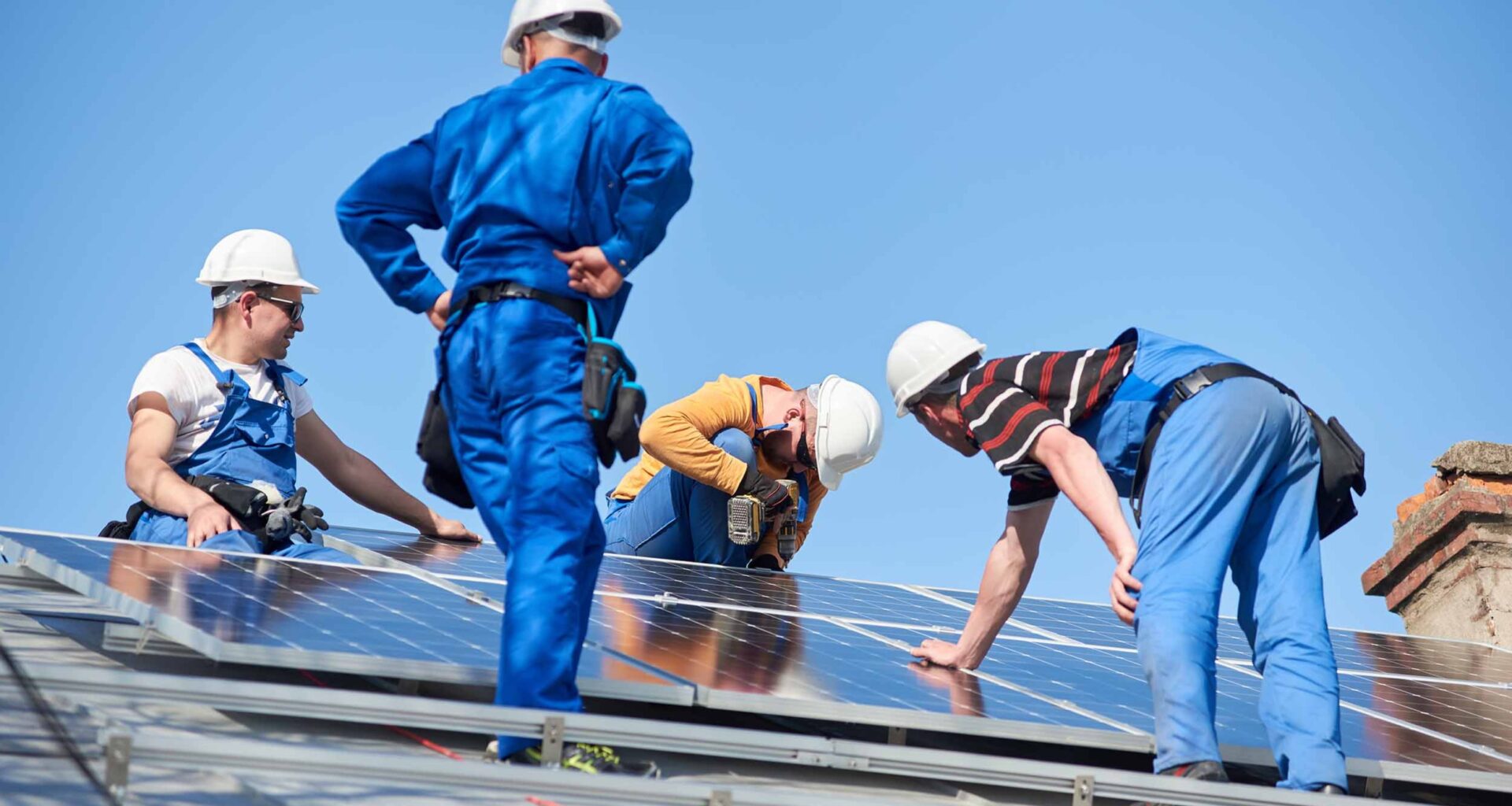Pascal Canfin is a MEP with the Renew Europe Group and Diego Pavia is chief executive of climate tech investor EIT InnoEnergy
The arrival of Donald Trump creates an opportunity for the EU to lead on clean technologies, if the bloc plays its cards right
At a glance
With strained public budgets and three years to wait for the next EU budget, securing the financial firepower of a public US-style Inflation Reduction Act is not realistic. Mobilising private capital through a private fund is the only viable path to secure the financial muscle needed for a clean industrial transformation
Our solution is a fund raising €70bn in private capital, de-risked by a public guarantee of €1bn–€2bn annually. Over a 15-year period, the fund could unlock up to €500bn of private capital for the Clean Industrial Deal
Deployment of the fund will also address the critical issue of risk absorption for other market players too. The scale-up and supply chain risks of industrial projects in nascent sectors combined with high capital demands easily deter investors still unfamiliar with these projects
The incoming US administration looks set to shift its climate strategy, casting doubt over the $369bn Inflation Reduction Act — the largest public support scheme for clean technologies in American history. This presents a rare opportunity for Europe to position itself as the global hub for investment and deployment of clean tech.
However, in the face of fierce competition from China, Europe must act decisively to create conditions that make investing in homegrown green industrial projects feasible and compelling.
With strained public budgets and three years to wait for the next EU budget, securing the financial firepower of a public US-style IRA is not realistic. Mobilising private capital through a private fund is the only viable path to securing the financial muscle needed.
Europe’s regulatory stability and robust policy framework are not to be overlooked. Demand-side measures, such as the ambitious sectoral targets through the Fit for 55 package, have generated a strong pipeline of projects — from new projects and industrial incumbents — across value chains such as batteries and green hydrogen.
New supply-side initiatives such as the Net Zero Industry Act are already strengthening the pool of projects.
A private fund de-risked with EU backing
But a pipeline is not enough to capitalise on this opportunity.
Our solution is a fund raising €70bn in private capital, de-risked by a public guarantee of €1bn–€2bn annually. Over a 15-year period, the fund could unlock up to €500bn of private capital for the Clean Industrial Deal. This instrument must be part of the array of financial tools assembled within the large Competitiveness Fund already announced by European Commission president Ursula von der Leyen.
The concept of public guarantees is not new. Guarantees have already proven effective in mobilising private investment through the InvestEU programme, but the scale has been insufficient.
From the €26.2bn guarantee under InvestEU, €20.5bn has already been allocated, leaving little room for further impact until the next long-term EU budget becomes active in 2028. As underlined in Mario Draghi’s recent competitiveness report, the current InvestEU scheme also falls short in supporting higher-risk profiles needed for a clean industrial transformation.
To create a clean industrial fund, a public guarantee from the annual EU budget with more scale and focus is needed to finance the projects for industrial transformation. This guarantee could deliver exponentially greater results and unlocking transformative levels of private capital.
The fund would drive high financial returns for European citizens and channel their money into the objective of building a sustainable and resilient Europe
The private capital is available in Europe, but it remains largely untapped for clean tech projects.
Europe’s pensions and insurance savings schemes are valued at more than €18tn, but less than 5 per cent of these assets are directed towards green investments.
A fund that is de-risked with a public guarantee and is active across the lifecycle of projects — from early-stage to growth and infrastructure investments — can spread risks effectively enough to attract even risk-averse pensions and savings.
The benefits would be twofold.
The fund would drive high financial returns for European citizens and channel their money into the objective of building a sustainable and resilient Europe. Equally, this instrument would enable pooling of cross-border capital at scale — something fragmented European markets have long struggled to achieve.
Removing barriers to entry for other market players
Deployment of the fund will also address the critical issue of risk absorption for other market players too. The scale-up and supply chain risks of industrial projects in nascent sectors combined with high capital demands easily deter investors still unfamiliar with these projects.
A de-risked private fund that acts as a lead investor in a round, in a higher-risk, often early-stage project can in turn remove the entry barriers for other investors to crowd into the funding round.
It is clear that Europe needs a bold new approach to financing. Such a fund would accelerate the industrialisation and deployment of critical technologies, deliver tangible benefits to Europeans in terms of growth and jobs, and cement Europe’s reputation as the global home for clean industries.
Now is the time to lead the clean industrial race.
